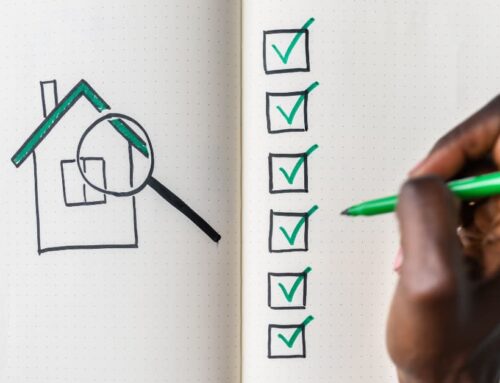Do you know what to include in a will or a trust? If you’re considering establishing either of these documents as part of your estate planning, you can ensure you have covered everything by working with an experienced estate planning lawyer.
Estate planning ensures that your loved ones are taken care of and that your assets are distributed according to your wishes when you are no longer here to do so. If you die without a will, someone will be appointed executor of your estate and will make decisions on your behalf. Having a will in place makes things easier for your family when it comes to settling your estate.
Here’s a basic guideline for what to include in a will and trust.
What is a Will?
A will most often refers to a testamentary will, which is a legal document that dictates a person’s wishes upon their death. It typically names guardians for dependents and names recipients of your finances and possessions. When a person dies, their will must go through probate court where it is thoroughly examined before it is carried out. It can also be contested by anyone who feels they have a right to a deceased person’s assets. The process can sometimes be lengthy, but it is still less complex than a situation where there is no will.
What is a Trust?
The type of trust most typically used in estate planning is a revocable living trust. This type of trust is a legal document that appoints someone as the trustee of your estate in the event of your death. The trustee is responsible for seeing that your assets are distributed to the beneficiaries you designate. This can occur outside of probate court upon your death, which is one benefit to a revocable living trust. The term revocable refers to the fact that the person who established the trust can make changes to the terms of the trust as long as they are still alive.
What To Include in a Will
A basic will should include the following information:
- Guardianship of minor dependents. If you have children that will require guardianship after your passing, you will indicate your wishes for your children’s guardian. If you are responsible for adults requiring specialized care, you can also indicate your wishes for their continued care.
- Recipients of real estate. Any property you own can be left to a person, persons, or organization of your designation
- Recipients of funds. You can name those who will inherit your monetary assets in specific amounts or percentages.
- Recipients of possessions. If you own items of value, you can designate recipients of those items.
- Recipients of stocks or other financial assets. You can also designate recipients of any other financial assets you own.
What To Include in a Trust
A trust should include the following information:
- A Trustee. A trust document must name a trustee to carry out the terms of the trust. This is often an adult who can be trusted to care for the funds on behalf of a minor or minors until they are old enough to be entrusted with the funds.
- Beneficiaries. The document should also name the beneficiaries who are to receive the funds in the trust at the required age.
- Terms. Trust documents typically list certain terms and conditions that must be met in order for the beneficiaries to receive the funds.
Beyond the Basics
Estate planning can be much more complex than it appears with just the basic information listed above. For your final wishes to be thoroughly planned out so that your assets are distributed accordingly, it is best to meet with an estate planning lawyer who can help you establish legal documentation that will hold up in court.
Need an Estate Planning Lawyer in Austin, TX? Contact Kelly Legal Group
If you need an estate planning lawyer in Austin, TX and the surrounding area, Kelly Legal Group is here to help. We have extensive experience helping clients establish wills and trusts to ensure their final wishes are carried out according to their specifications, and we can do the same for you. Once you’re gone you won’t have the ability to tell anyone your intentions, other than through an established will and/or trust. Take care of this important life planning step today.
Call (512) 505-0053 or contact us today to schedule an estate planning consultation. We look forward to helping you prepare for the future.






